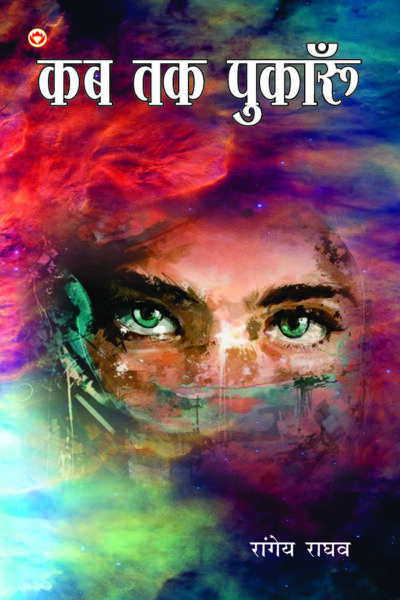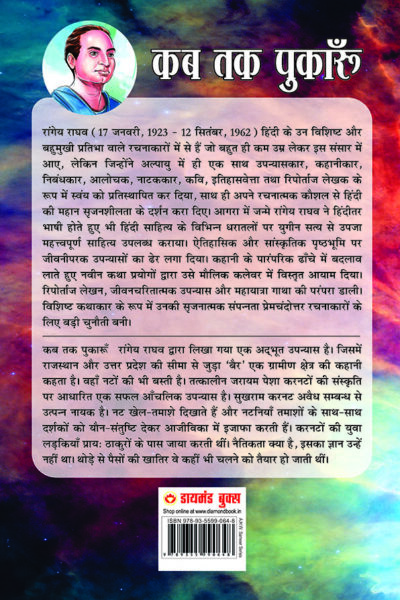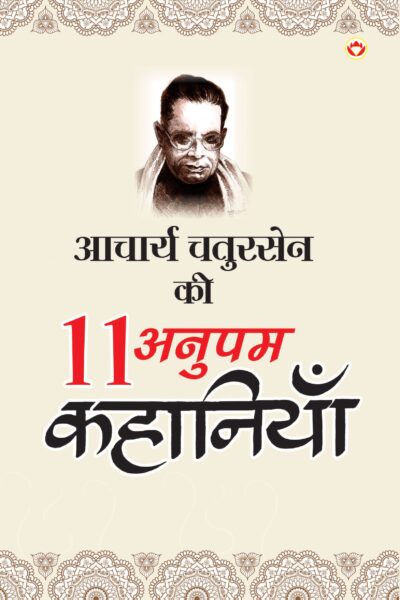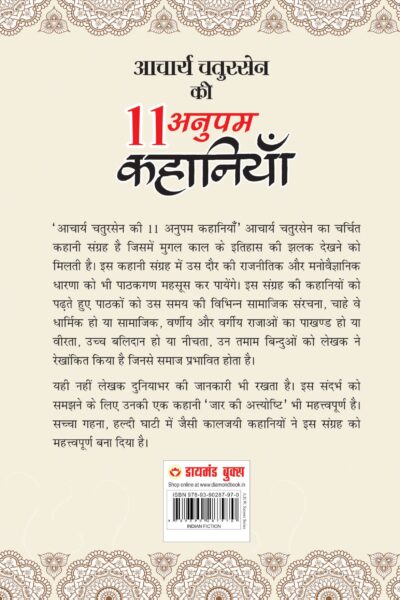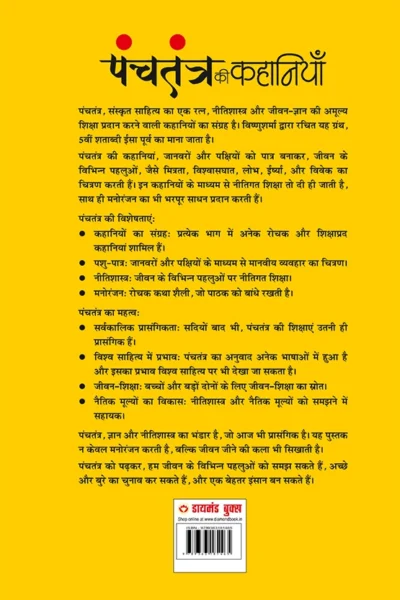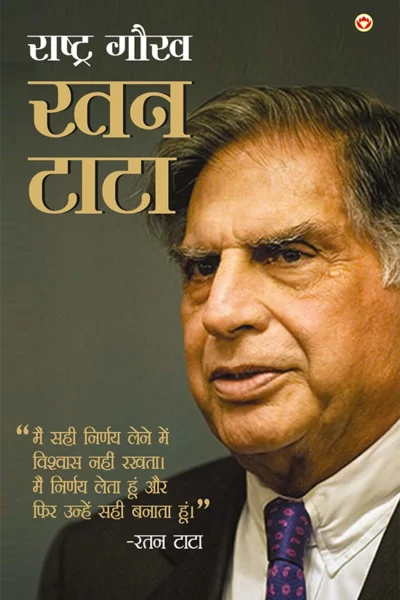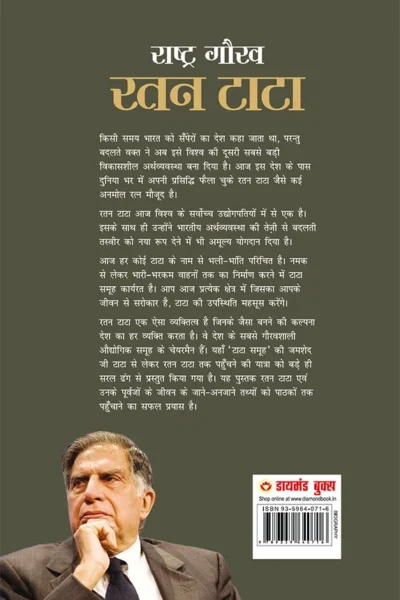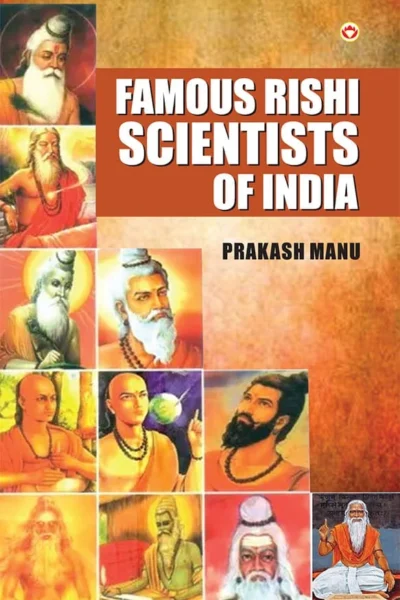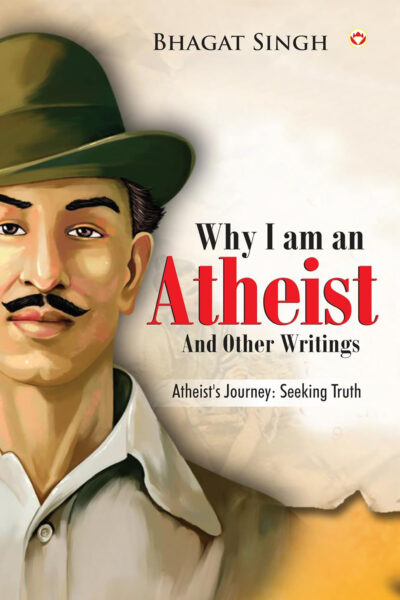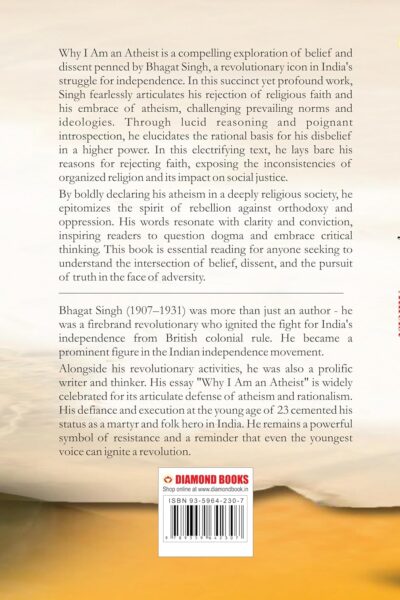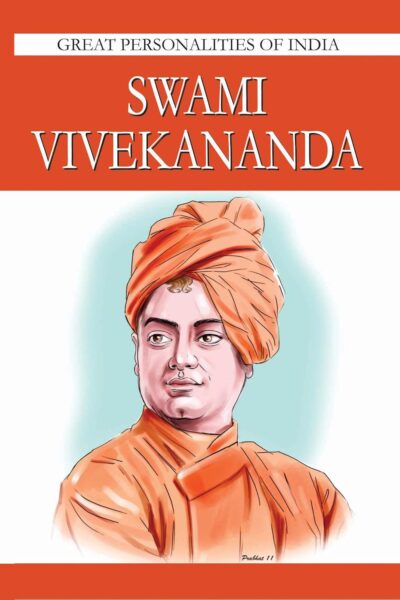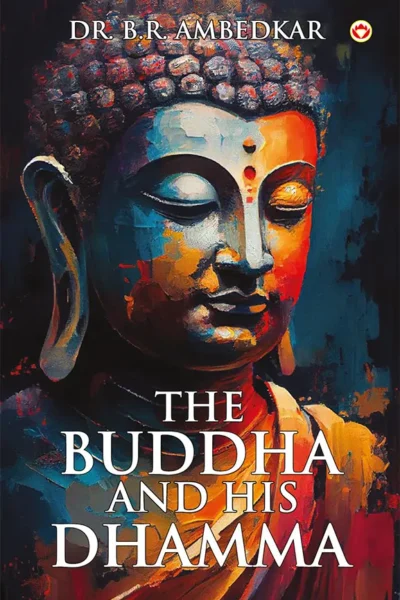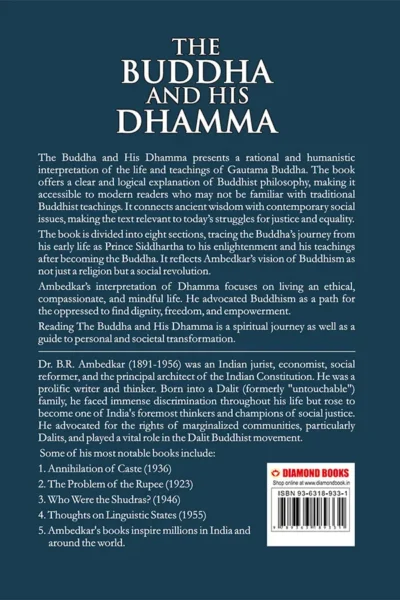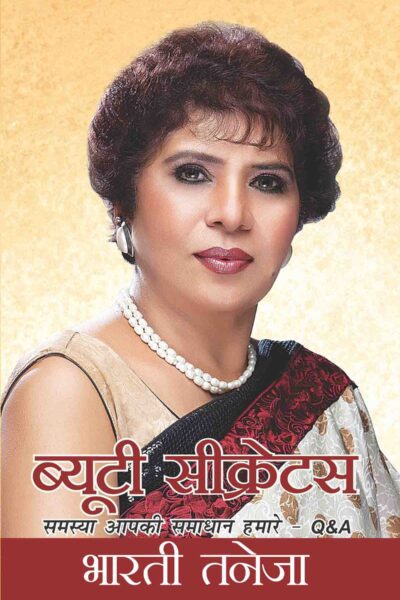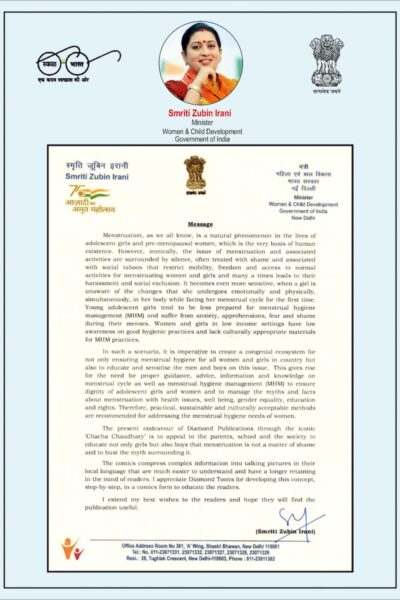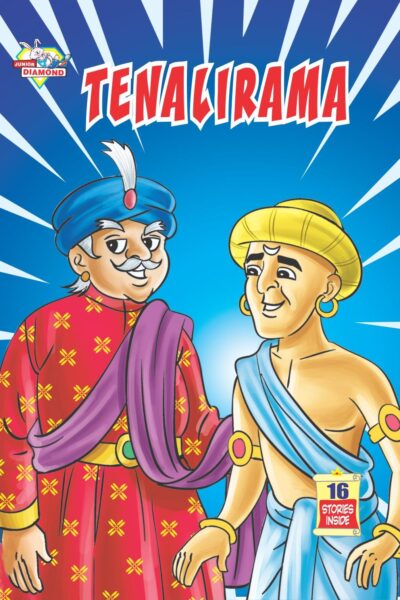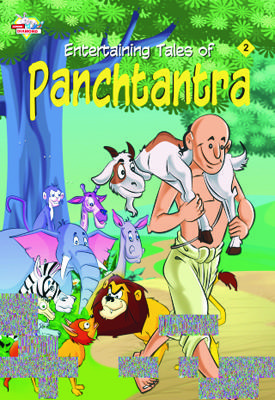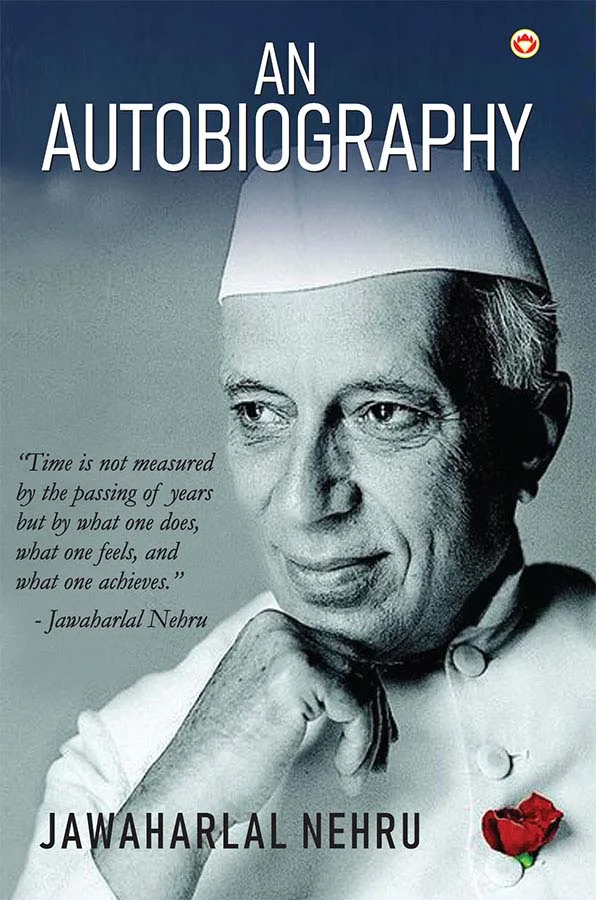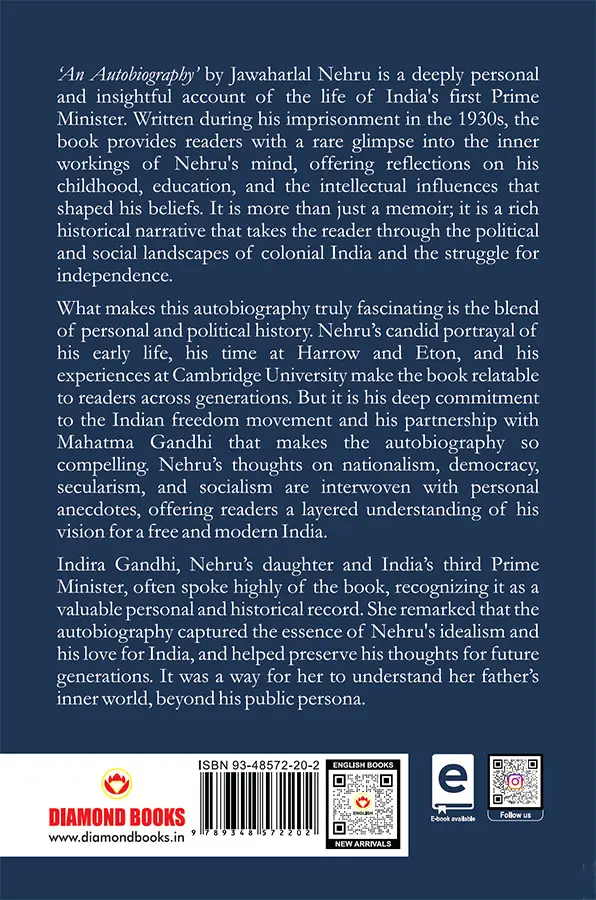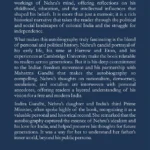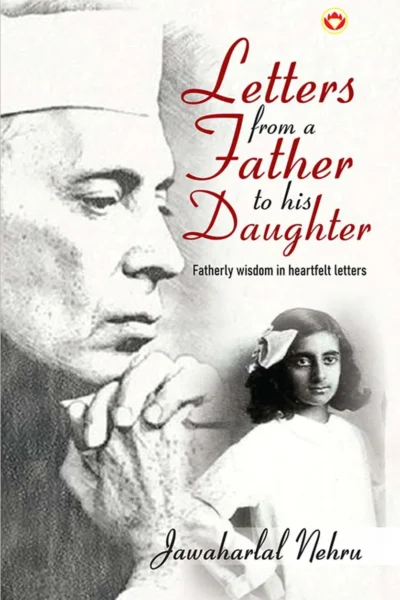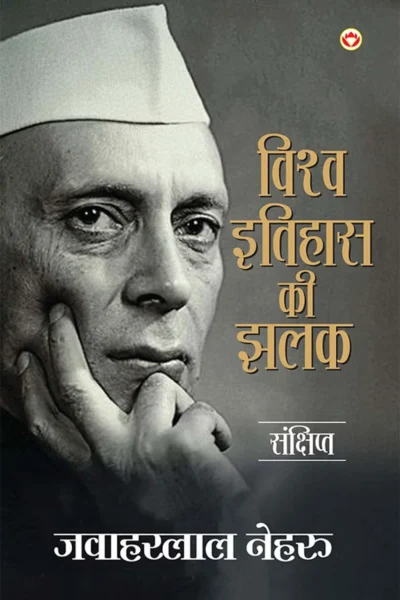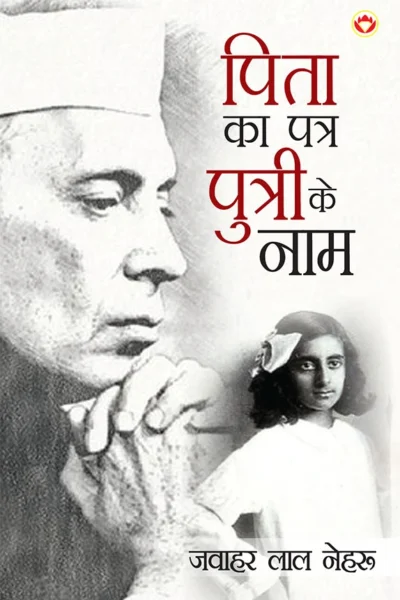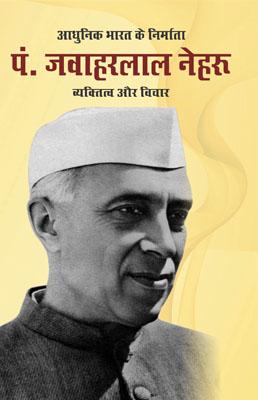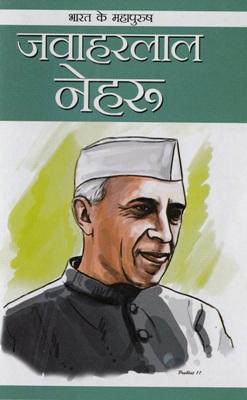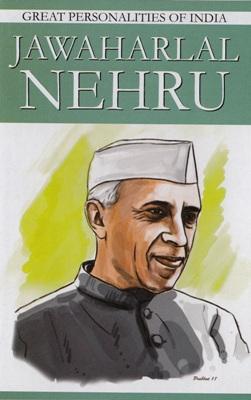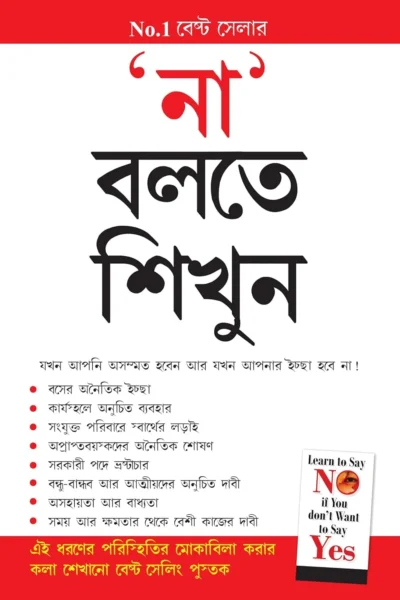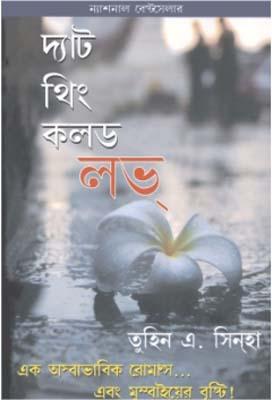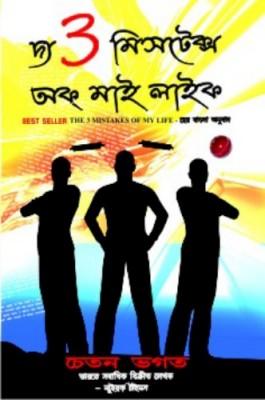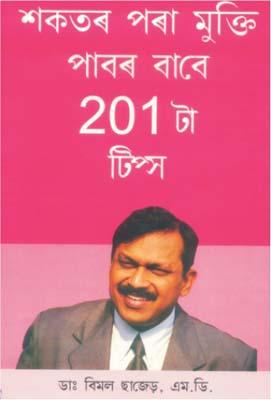- Home
-
-
- Short Stories
- Traveloc
- Novel
- Indian Classics
- Business Strategy
Shop Our top-rated business strategy books are designed for entrepreneurs and business leaders, offering proven strategies to elevate business success. Learn from industry experts and discover actionable insights to drive growth and profitability. Buy now and master the skills that set top businesses apart.
- Corporate History
Discover a comprehensive collection of corporate history books that detail the rise and success of major companies and their visionary leaders. Explore how these influential figures and their groundbreaking strategies have shaped industries and transformed the global business landscape.
- Economics
Discover the best economic and market books in India at Diamond Book Store. Our collection features essential reads on domestic and global market theories, offering in-depth analyses and key insights into economic trends. Enhance your understanding of financial markets, investment strategies, and economic principles with our expertly curated selection. Visit us to grow your knowledge and stay ahead in the world of finance.
- Romance / Fantasy
Discover captivating romance and fantasy books at Diamond Books. From enchanting love stories to magical adventures, these books offer readers a perfect blend of passion and imagination. Ideal for those who love romantic and fantastical narratives.
- Finance
Buy top finance and money management books at Diamond Book Store. Enhance your money-saving skills with expert strategies and key insights. Explore our curated selection to discover effective saving techniques and financial wisdom. Shop now to gain valuable knowledge, make informed decisions, and secure a prosperous financial future.
- Network Marketing
Network Marketing is a business model that leverages personal networks to promote products and services. It empowers individuals to build their own sales team, earning commissions not only from their own sales but also from the sales made by their team members. This model encourages entrepreneurship, collaboration, and exponential growth
- See More
- Short Stories
-
Books, Bookazine, Fiction, Magazines
₹30.00Original price was: ₹30.00.₹29.00Current price is: ₹29.00. Add to cart
-
-
Diamond Books, Books, Fiction, Indian Classics
₹450.00Original price was: ₹450.00.₹449.00Current price is: ₹449.00. Add to cart
-
-
Diamond Books, Fiction, Language & Literature, Short Stories
₹175.00Original price was: ₹175.00.₹174.00Current price is: ₹174.00. Add to cart
-
-
₹1,100.00 – ₹18,000.00 Select options This product has multiple variants. The options may be chosen on the product page
-
-
-
-
- Autobiography
Explore our extensive collection of autobiographies and Memories, showcasing the personal stories, challenges, and triumphs of influential figures from all walks of life. These powerful narratives provide an intimate glimpse into the lives and legacies of remarkable individuals. Discover their inspiring journeys and find your next great read—visit us now!
- Religious
Our collection of religious books is designed to deepen faith, enhance wisdom, and elevate spirituality. It includes timeless classics and contemporary works, offering insightful guidance and teachings to develop a closer relationship with God and understanding of spiritual journey. Shop now for transformative faith and knowledge.
- Internet
Computing and the internet are rapidly evolving fields that shape our daily lives and future innovations. This guide offers a comprehensive look at the latest trends, technologies, and best practices in the digital realm. Whether you’re interested in cutting-edge computing advancements or the latest developments on the internet, this resource provides valuable insights to help you stay informed and make the most of the digital world
- Family Health
Explore Diamond Books’ family health collection. Featuring comprehensive guides on wellness and practical nutrition tips, these books provide essential advice for keeping your family healthy and thriving.
- History & Politics
Discover the wonders of India, a land of rich history, vibrant culture, and stunning landscapes. Explore famous landmarks, delve into the diverse traditions, and experience the beauty of India’s heritage. Whether you’re seeking historical insights or planning a trip, India offers endless possibilities for discovery and adventure
- Hinduism
Dive into Hinduism with comprehensive resources that cover key beliefs, rituals, and cultural practices. Explore the spiritual and philosophical dimensions of Hinduism, including its rich traditions and sacred texts, to gain a deeper understanding of this ancient religion. Ideal for those seeking to learn about the diverse aspects of Hindu culture and spirituality.
- Scientist & Inventors
Explore the diamond book store for the best Scientist & Inventors Books Collection” includes biographies, autobiographies, and detailed accounts of the lives and works of iconic figures like Albert Einstein, Nikola Tesla, Marie Curie, Thomas Edison, and many more. Each book delves deep into the minds of these geniuses, offering insights into their thought processes, challenges, and the impact of their discoveries on the modern world.
- Occult and Vastu
Unlock the secrets of the occult and Vastu Shastra with our curated books. Explore spiritual wisdom, mystical arts, and harmonious living guides.
- Ayurveda
Discover the essence of Ayurveda with our collection of books at Diamond Books. Featuring ancient practices and modern applications, these books offer comprehensive guidance on achieving balance and wellness through Ayurvedic principles.
- See More
- Autobiography
-
Fiction Books, Autobiography & Memories, Biography
₹250.00Original price was: ₹250.00.₹249.00Current price is: ₹249.00. Add to cart
-
-
- Blog
- Publish With Us
An Autobiography by Jawaharlal Nehru: A Journey Through History and Leadership-In Paperback
₹600.00 Original price was: ₹600.00.₹599.00Current price is: ₹599.00.
- About the Book
- Book Details
About the Book
An Autobiography’ by Jawaharlal Nehru is a deeply personal and insightful account of the life of India’s first Prime Minister. Written during his imprisonment in the 1930s, the book provides readers with a rare glimpse into the inner workings of Nehru’s mind, offering reflections on his childhood, education, and the intellectual influences that shaped his beliefs. It is more than just a memoir; it is a rich historical narrative that takes the reader through the political and social landscapes of colonial India and the struggle for independence.What makes this autobiography truly fascinating is the blend of personal and political history. Nehru’s candid portrayal of his early life, his time at Harrow and Eton, and his experiences at Cambridge University make the book relatable to readers across generations. But it is his deep commitment to the Indian freedom movement and his partnership with Mahatma Gandhi that makes the autobiography so compelling. Nehru’s thoughts on nationalism, democracy, secularism, and socialism are interwoven with personal anecdotes, offering readers a layered understanding of his vision for a free and modern India.Indira Gandhi, Nehru’s daughter and India’s third Prime Minister, often spoke highly of the book, recognizing it as a valuable personal and historical record. She remarked that the autobiography captured the essence of Nehru’s idealism and his love for India, and helped preserve his thoughts for future generations. It was a way for her to understand her father’s inner world, beyond his public persona.
About the Author
Jawaharlal Nehru (14 Nov. 1889 – 27 May 1964), India’s first Prime Minister, was a prominent political leader and an influential author as well. He was educated at Harrow and Cambridge, England. He was committed to democracy and social justice. His writing reflects his deep commitment to India’s independence, democracy, and modernity. Nehru’s literary works have left a profound mark on Indian thought, often blending history, philosophy, and politics with personal reflection.Nehru’s most famous work is “The Discovery of India” (1946), written during his imprisonment in 1942-1944. This book offers a comprehensive view of India’s history, culture, and spiritual heritage. Nehru explores India’s ancient civilizations, its political and social evolution, and its quest for independence, providing readers with a nuanced understanding of the country’s complexities.
In addition to “The Discovery of India”, Nehru authored several other important works, including “Glimpses of World History” (1934), a collection of letters he wrote to his daughter, Indira Gandhi, which presents a panoramic view of world history from ancient times to the early 20th century related to the development of the civilizations, how societies formed all over the world, and many other relevant matter of the world. His “An Autobiography” (1936) offers a personal account of his early life and the formation of his political thoughts. Nehru wrote in his prison diary- “I feel like an exile who cannot look forward to a home anywhere.”Nehru’s “The Marvellous Maharaja” (1941) examines the social, political, and cultural aspects of India through a narrative about the Maharaja of Baroda.Nehru’s writings offer a unique blend of intellectual depth and personal insight. The Discovery of India, for instance, is not just a historical account but a passionate reflection of Nehru’s love for his country and its potential. His eloquence and vision for India’s future resonate in his works, reflecting his hope for a modern, democratic, and inclusive nation. Nehru’s books remain timeless, showcasing his profound influence on Indian thought and politics.
What is the central idea of the autobiography of Jawaharlal Nehru?
An Autobiography by Jawaharlal Nehru-The captivating thoughts of Nehru in this book go beyond just a personal story. It captures a rich account of political awakening in India as a nation, its struggle for independence from the clutches of the British Raj and the importance of its past in shaping it as a modern society.
What did children call Pandit Jawaharlal Nehru?
Pandit Jawaharlal Nehru, fondly called Chacha Nehru by children, was the first Prime Minister of India. His birth anniversary on November 14 is celebrated as Children’s Day.
What is the slogan of Jawaharlal Nehru?
Jawaharlal Nehru, the first prime minister of India, is known for the slogan Purna Swaraj which means “Complete Independence”.
What is an autobiography Nehru also known as?
An Autobiography, also known as Toward Freedom (1936), is an autobiographical book written by Jawaharlal Nehru while he was in prison between June 1934 and February 1935, and before he became the first Prime Minister of India.
What is an autobiography also known as?
An autobiography, sometimes informally called an autobio, is a self-written biography of one’s own life.
Additional information
| Weight | 0.525 g |
|---|---|
| Dimensions | 21.59 × 13.97 × 3.8 cm |
| Author | Jawaharlal Nehru |
| Pages | 664 |
| Format | Paperback |
| Language | English |
| Publisher | Diamond Books |
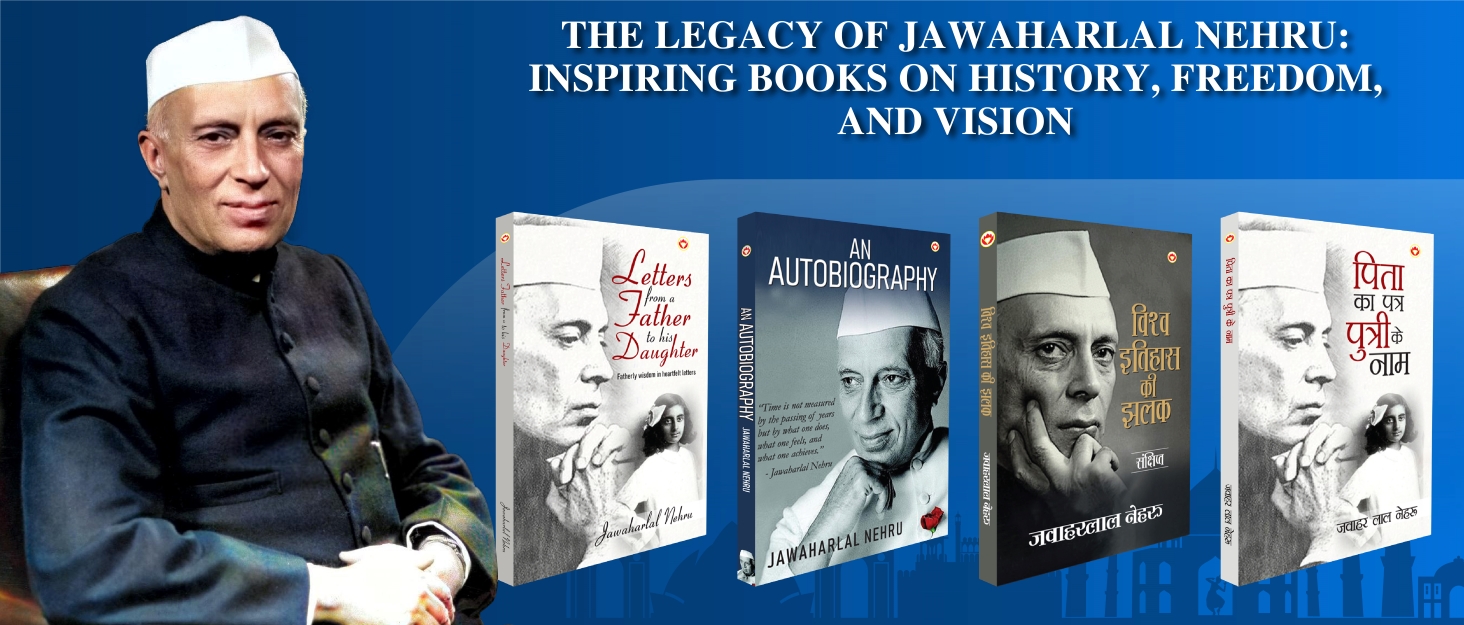

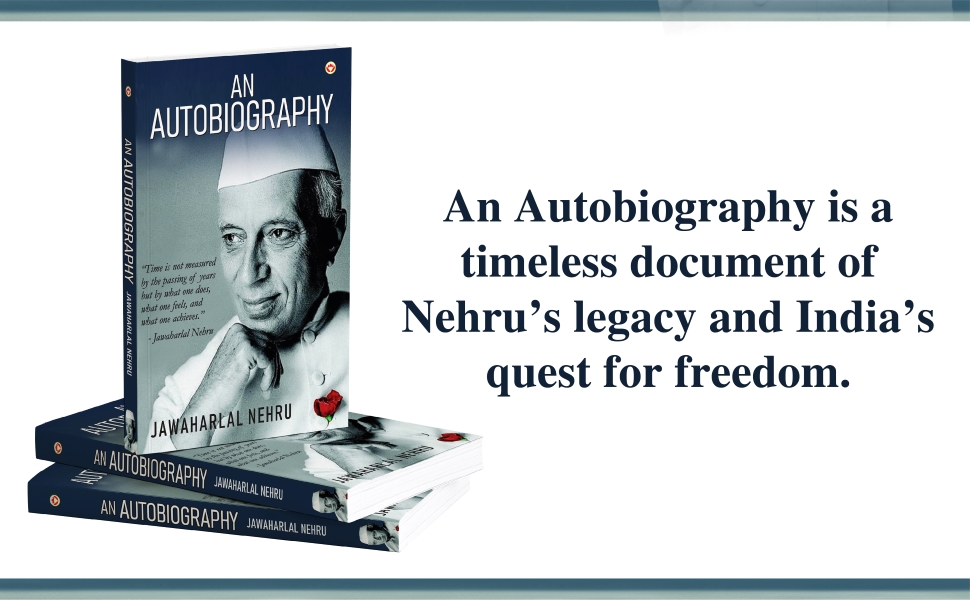

ISBN10-: 9348572202
Customers Also Bought
-
Books, Biographies, Diaries & Journals
₹200.00Original price was: ₹200.00.₹199.00Current price is: ₹199.00. Read more -
Books, Autobiography & Memories, Biography
₹450.00Original price was: ₹450.00.₹449.00Current price is: ₹449.00. Read more -
Biographies, Diaries & Journals, Diamond Books
₹200.00Original price was: ₹200.00.₹199.00Current price is: ₹199.00. Read more


